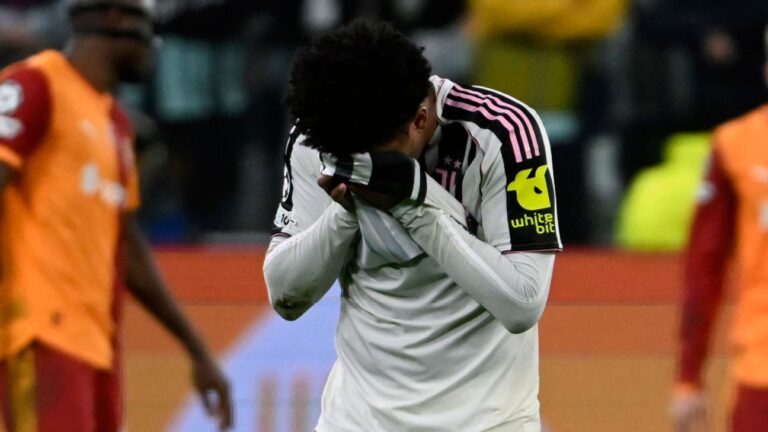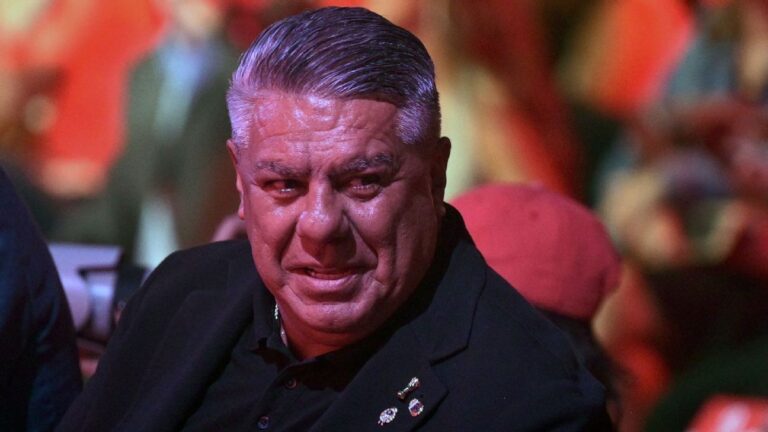Spare a thought for Jesse Lingard. The former Manchester United midfielder is still without a club more than six months after leaving Nottingham Forest as a free agent, and his efforts to tempt a new team into signing him — posting videos of energetic work-outs in the gym — was brutally mocked by another former United star, Paul Scholes, in a searing Instagram comment this week.
But while Lingard can’t seem to catch a break at the moment, the 31-year-old can at least claim to be that rarest of things: a loan signing who actually made a positive impact during a temporary move to a club. As the January transfer window approaches its midway point, with many clubs still looking to do the deal that could transform their season, the prospect of completing a loan signing as successful as Lingard — rather than one as hopeless as Arthur Melo (Liverpool) or Wout Weghorst (Man United) — is the dream scenario of many managers and directors of football.
– Stream on ESPN+: Spanish Supercopa, Carabao Cup, more (U.S.)
During his six-month loan from Man United to West Ham in the second half of the 2020-21 season, Lingard scored nine goals and registered five assists in just 16 Premier League appearances for David Moyes’s team. That form even earned him an England recall, two years after his last appearance for Gareth Southgate’s team, and he only narrowly missed out on a place in his country’s Euro 2020 squad that summer.
Little has gone right for Lingard since he returned to Old Trafford ahead of the 2021-22 season — one wonders what might have been had he completed a permanent move to West Ham following that loan — but he remains a rare example of a loan deal working for both player and club at the same time.
The harsh reality of the majority of loan signings is that they feel like the football equivalent of waiting until Dec. 24 to buy Christmas presents. There is plenty still available, but all the good stuff has gone and whatever remains hasn’t been sold for a reason. Loan signings are the panic deals that clubs usually happen in the final hours of the window, when initial plans have failed to come to fruition and it becomes a desperate scramble to appease a manager by signing anyone simply to get a new face into the squad.
Manchester United have repeatedly fallen into the trap of last-minute loan signings in recent years, with none of them turning out to be a success. Radamel Falcao spent a full season on loan at United from Monaco trying, and failing, to rediscover his best form after a serious knee injury in 2014-15. Former Watford striker Odion Ighalo was another last-minute deal in 2020, on loan from Shanghai Shenhua, following United’s failure to sign Erling Haaland from FC Salzburg.
Last January, manager Erik ten Hag turned to Netherlands forward Weghorst and Bayern Munich midfielder Marcel Sabitzer in the January loan market to bolster his squad. Both lasted six months before being sent back to their parent clubs, having done little to raise the quality of the team.
“No clubs set out to sign players on loan at the start of a transfer window,” one Premier League club scout told ESPN. “There are always targets, and the preference is to do the deals in the summer, but loans come about when teams have injury problems or results make managers bang on the door for reinforcements.
“If you end up having to do loans, you know what you’re going to get: players who aren’t playing, or those have become a problem because clubs need to reduce their wage bill or the player has fallen out with the manager. There aren’t many flawless options!”
Liverpool signed Brazilian midfielder Arthur Melo from Juventus at the start of last season given an injury crisis at Anfield, but the 27-year-old registered just 193 minutes in all competitions due to a series of his own injury issues. Everton couldn’t wait to send Donny van de Beek back to United after seven unimpressive appearances on loan in 2022, while Weston McKennie did little to save Leeds from relegation during his six-month loan move from Juventus last season.
Saúl Ñíguez (Atletico Madrid to Chelsea), Denis Suárez (Barcelona to Arsenal), Alexandre Pato (Corinthians to Chelsea) and Gonzalo Higuain (Juventus to Chelsea) all came and went on loan with their reputations diminished at the end of their brief periods in the Premier League. Arnaut Danjuma (Villarreal to Everton) is heading the same way this season.
The problem with loan signings is that both the player and the club generally see each other as a means to an end. For the club, the player bridges a gap until a permanent signing can be made, while the player is initially happy to get away from his parent club, before realising he is on trial at his new team and will face the same uncertainty six months later.
Martin Odegaard has made a big success of his loan move from Real Madrid to Arsenal in Jan. 2021, since sealing a £30 million transfer and becoming team captain. West Ham and Tomás Soucek have also been a success story since the Czech midfielder initially arrived on loan from Slavia Prague in 2020. Tottenham will also have no complaints about Dejan Kulusevski since turning his loan from Juventus into a permanent deal last summer, but more often than not, a loan signing turns out to be a dud, with clubs paying the price for attempting to patch up their failings in the recruitment department.
So if your team heads into the loan market during this window, you will be hoping the impact is more Jesse Lingard than Arthur Melo.




